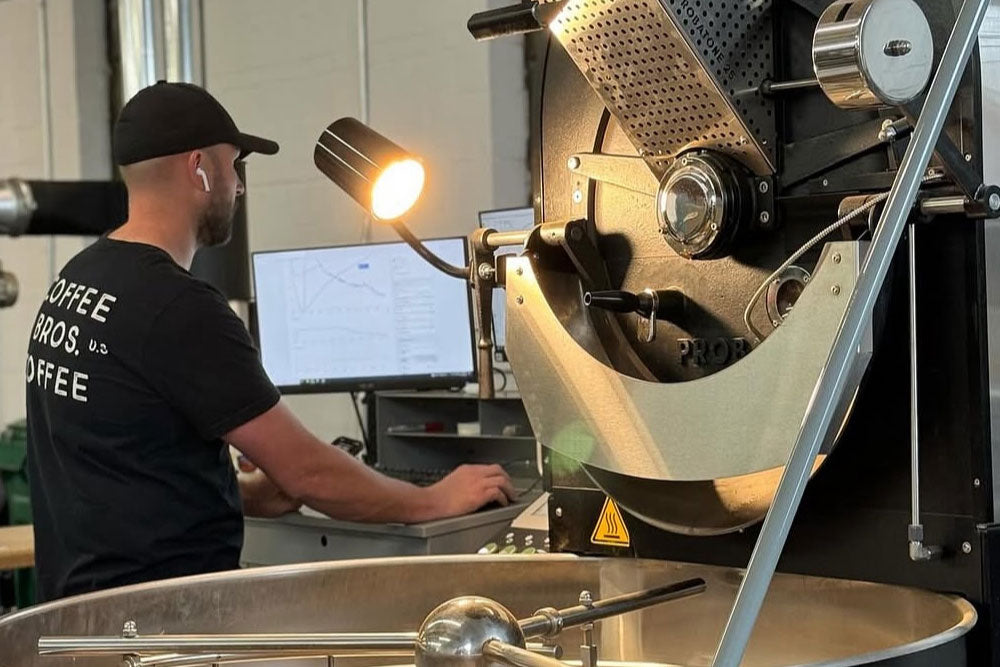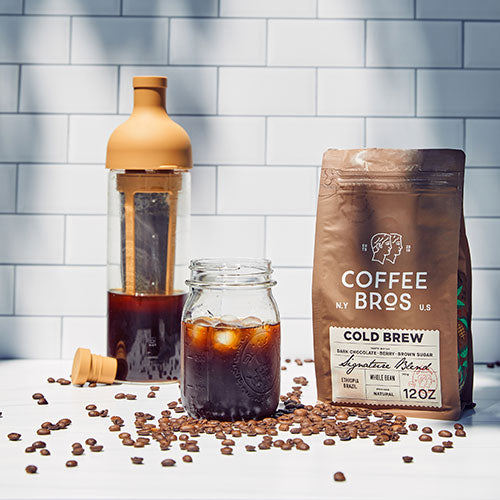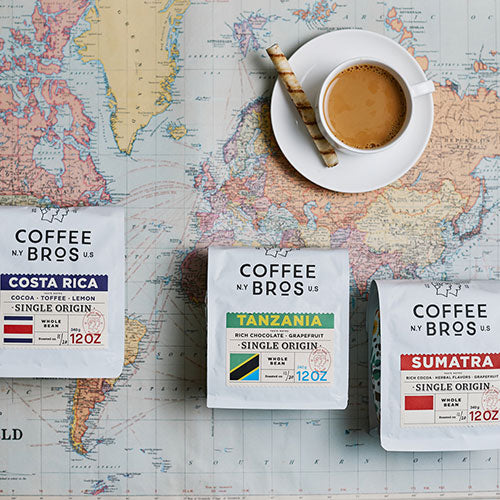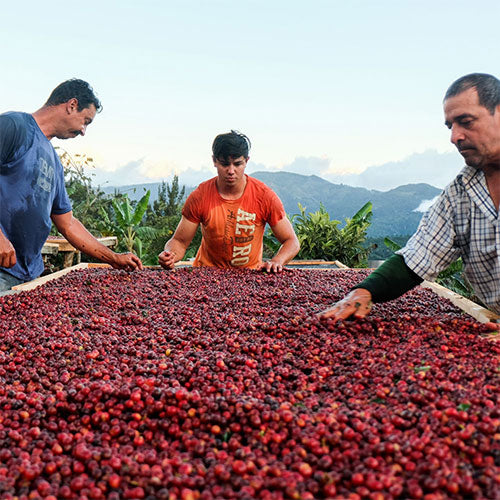Written: April 4th, 2025
Introduction
Coffee isn’t just a beverage in the United States — it’s a way of life. With over 2.2 million American jobs supported by the coffee industry and the U.S. being the largest consumer of coffee in the world, any disruption in the coffee supply chain sends a ripple through the economy. Unfortunately, we’re facing a storm that could upend everything we love about our daily brew.
Two major forces are converging to threaten the foundation of coffee in the U.S.:
- Soaring green coffee prices caused by speculation on the international C-Market and global shortages.
- New tariffs imposed on coffee imports from key producing countries.
Tariffs Are Brewing a Coffee Crisis — Here's Why We Need an Exemption
On April 2nd, the Trump administration announced steep tariffs on imports from 15 of the top 20 coffee-producing countries — including Brazil, Vietnam, Colombia, and Indonesia. These nations supply the bulk of the raw coffee roasted and served across thousands of American cafes and millions of homes.
The U.S. cannot produce enough coffee to meet its consumption. Hawaii and Puerto Rico — our only producing regions — account for less than 1% of our national consumption. Yet these tariffs add up to 46% on some origins, making coffee more expensive and less accessible for consumers and businesses alike.
At the same time, green coffee prices have increased by over 100% due to climate-related events and global shortages, particularly in Brazil and Vietnam. These forces together are squeezing roasters and cafés in a way we haven’t seen in decades.
Image Courtesy of Daily Coffee News
Impact on Small Businesses and Consumers
Coffee roasters and specialty cafes, many of which operate on razor-thin margins, are finding themselves at a disadvantage. They now face a difficult choice: pay exorbitantly more for the quality beans they’ve built their brand around, or pivot to cheaper, lower-quality coffee to survive.
That means consumers lose, either by paying more at the register or by drinking a brew that doesn’t match the quality they’ve come to expect. The days of accessible, high-end coffee may soon be a thing of the past for the average American coffee drinker.
The U.S. coffee industry is still reeling from the devastation of COVID-19. As Fresh Cup reports, many cafés never reopened, and those that did are operating with reduced staff, smaller margins, and lingering emotional exhaustion. Marigold Coffee in Portland permanently closed its café in 2020 to save its roasting business — a difficult but common decision across the industry.
Now, just as these businesses are working to recover, they face another blow: soaring C-market prices and steep tariffs. It’s a one-two punch that many cafés and roasters — already stretched thin — may struggle to survive. As Marigold’s Casey Gleason said, “There was too much uncertainty, and the profit margin for cafés is so razor thin.”
A Blow to Coffee Producers Worldwide
The consequences don’t stop at America’s borders.
Producers in Brazil, Colombia, and other countries have spent years — even decades — investing in quality and sustainability to meet the growing U.S. demand for specialty coffee. These farmers have gone above and beyond to produce the kinds of beans that make award-winning espressos and pour-overs possible.
Now, with U.S. roasters seeking cheaper options or scaling back purchases altogether, these producers may be compelled to redirect their finest coffee to other countries. That puts their investments — and their futures — in jeopardy.
As Dan Hunnewell of Coffee Bros. puts it: “These higher green prices present an opportunity for farmers to reinvest in their farms, improve quality, and build more sustainable livelihoods.” However, only if there is a market to support them.
A Call to Action: Coffee Needs a Tariff Exemption
Coffee is not steel. It’s not cars. It’s not a product that can be reshored. You can’t grow Brazilian arabica in Michigan. These new tariffs fundamentally misunderstand the nature of coffee and global agriculture.
Now is the time to demand that the U.S. government make coffee an exemption in its tariff policies. This isn’t just about protecting your $4 latte. It’s about preserving American small businesses, sustaining international partnerships, and ensuring the future of specialty coffee.
Coffee supports jobs. It boosts the economy. It connects us to the world. And it needs our protection.
Let your voice be heard. Contact your representative support organizations like the National Coffee Association, which advocate for fair trade policies. And support coffee roasters who are doing their best to maintain quality and ethical sourcing under extraordinary pressure.
Because when coffee suffers, we all do.




